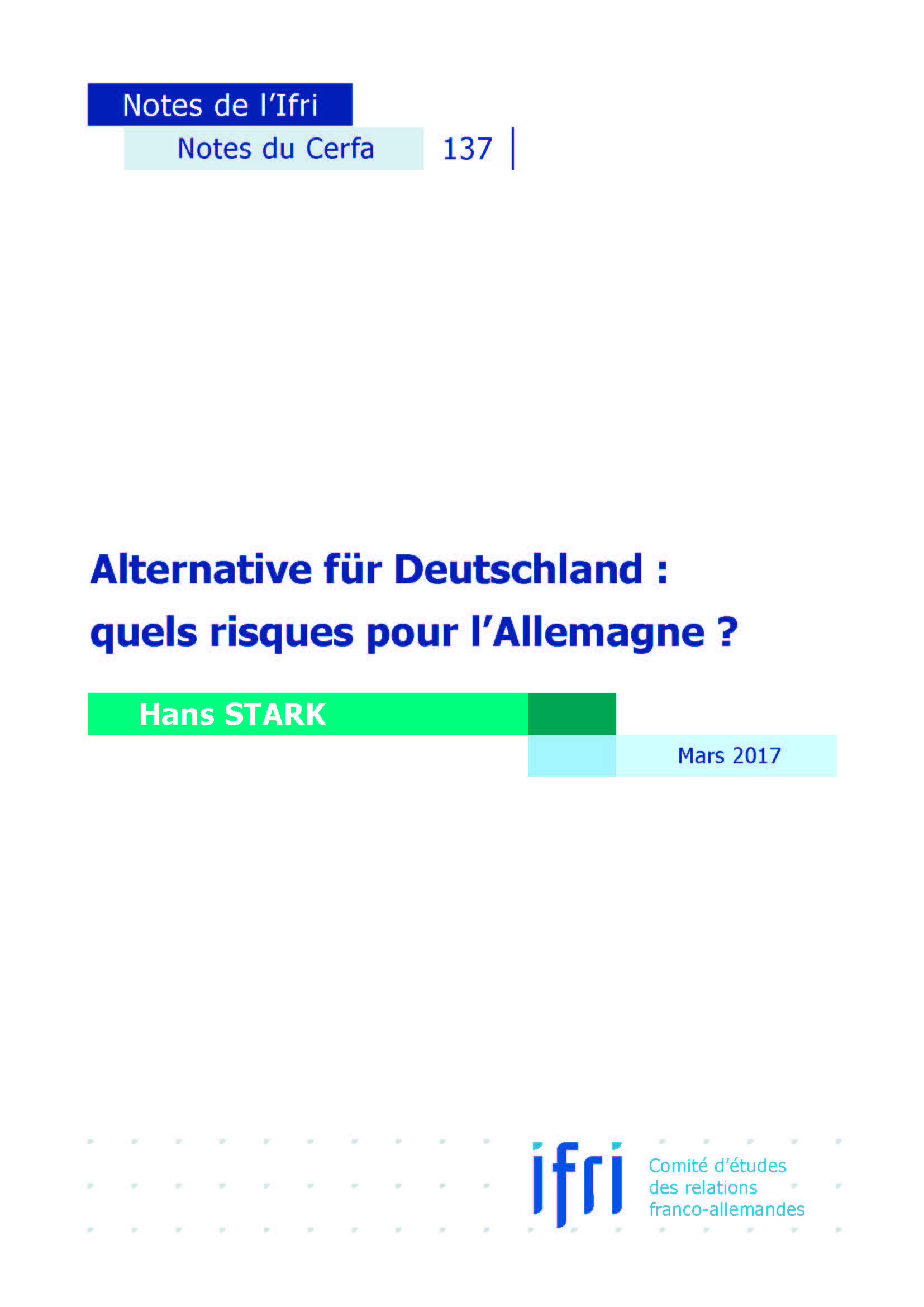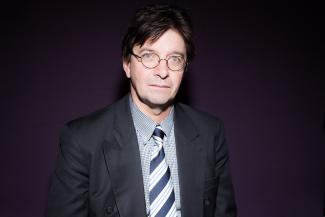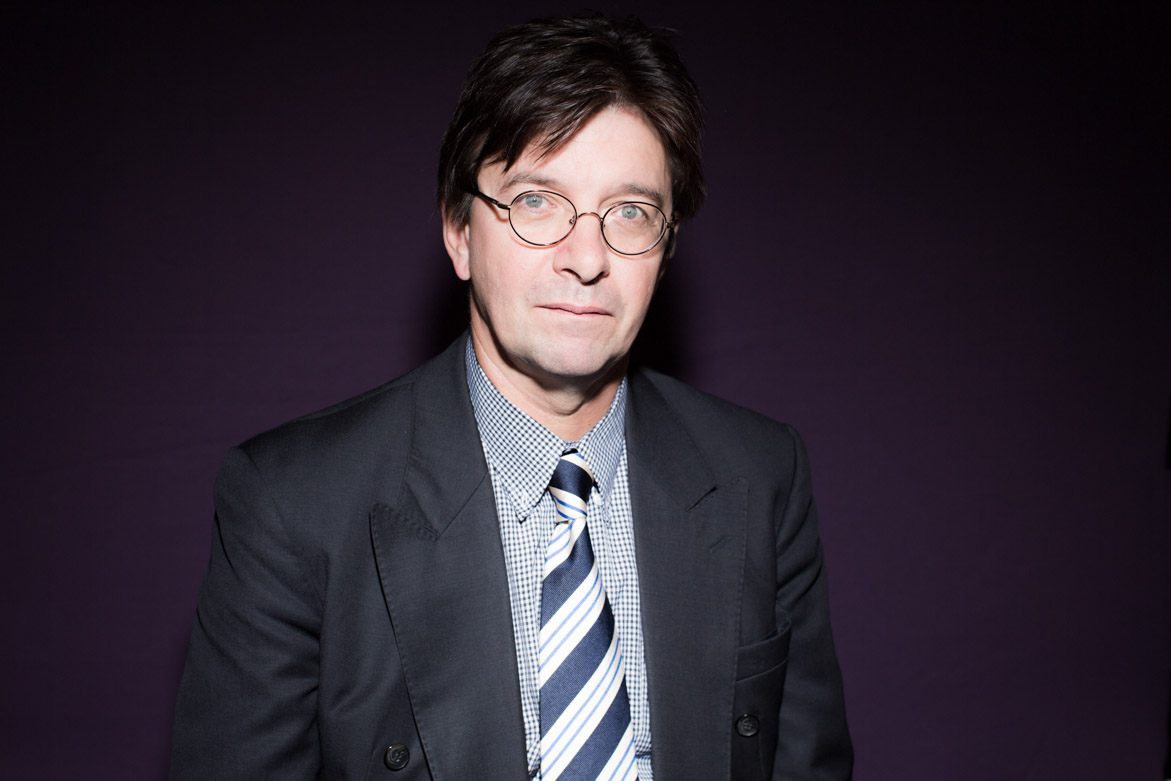Alternative für Deutschland: What risks for Germany?

The AfD - Alternative for Germany – founded in opposition to Angela Merkel’s policy line of supporting southern European countries, has quickly become part of the political family of "right-wing populism" in Europe, with whom it cultivates close ties.
Taking advantage of a sense of frustration towards Europe and globalization as well as a rejection of Germany’s federal authorities and Angela Merkel’s policy of opening the borders in 2015/2016 in certain parts of German society, the AfD has had unexpected success in the 2014 European elections and in German regional elections (between 2014 and 2017). Its entry into the Bundestag and two other regional chambers in 2017 seems highly likely.
At the same time, the AfD has continued to radicalize its political discourse and program. This has allowed it to voice the concerns and serve as parliamentary representative of the Neue Rechte and even the German extreme right. The AfD has no prospect of attaining to power, yet it leaves its mark on the German political debate on controversial issues such as national security, Europe, immigration and the economy. It has thus become part of the German political landscape.
About the author:
Hans Stark graduated from the Institut d’études politiques de Paris (SciencesPo) in 1987, majoring in International Relations and achieving a Diplôme d’études approfondies (DEA) in Soviet and Eastern European Studies in 1990. He holds a PhD in political sciences from the Panthéon-Sorbonne University (2001) that focused on German European politics. In 2011 he obtained his habilitation at the University of Lille 3 in German Studies.
This paper is published in French only: Hans Stark, "Alternative für Deutschland : quels risques pour l'Allemagne ?", Notes du Cerfa, n°137, Ifri, mars 2017.
Related centers and programs
Discover our other research centers and programsFind out more
Discover all our analysesMerz’ European Policy-making: The End of the ‘German Vote’?
Friedrich Merz’s European ambition is to turn Germany, long seen as hesitant into a leading actor within the European Union (EU). To that end, he has pledged to end the “German vote,” a phenomenon that epitomizes the paradox of a country both indispensable and frequently absent from European decision-making.

Securing critical raw material (CRM) value chains – a prerequisite for Europe’s technological resilience
At the heart of economic security, technological resilience is a backbone of the European Union’s (EU) competitiveness. The EU’s energy and digital transitions depend on critical raw materials (CRM).

Reconciling competitiveness and demographic change: a Franco-German imperative
France and Germany are facing parallel demographic shifts that could reshape the future of their economies and their social models. These shifts reflect broader European patterns but are magnified by the central role both nations play in EU governance and competitiveness.
Taking the Pulse: Does France's Political Crisis Weaken Europe's Geopolitical Hand?
While the EU tries to navigate a myriad international challenges, France is experiencing historic political disarray. What impact will instability in Paris have on Europe's geostrategic capacity?












